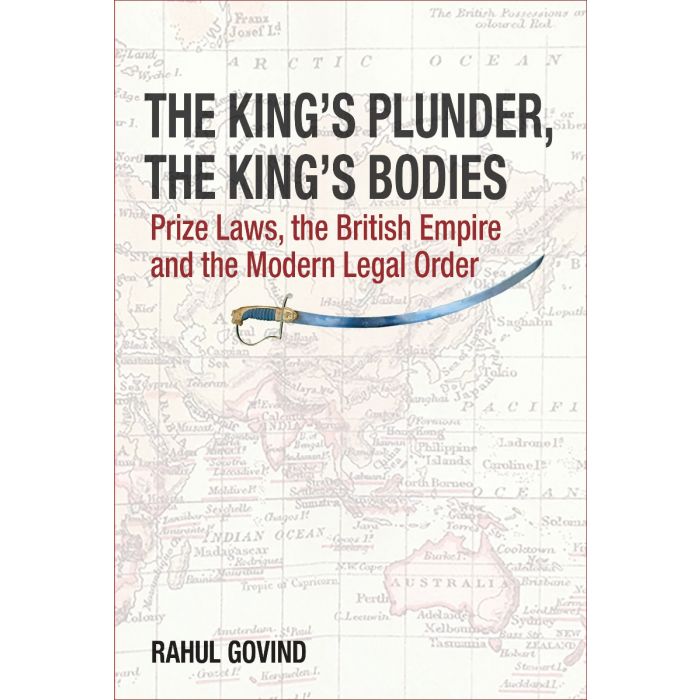The King’s Plunder, The King’s Bodies
This book focuses on the King’s rights of conquest, plunder and prize, as well as allegiance and subjecthood, establishing a monarchical form of the British Empire between 1600 and 1900, notwithstanding King-in-Parliament. Special attention is given to its essential role in the East India Company’s government as well as its conquests, as much as its taking the shape of ‘direct’ Crown rule after 1857–58. Such forms of sovereign territorialization, the ‘King’s bodies’ and ‘corporations’, local and personal forms of distinctively royal jurisdiction, raise questions on the nature of subjecthood and ultimately play a crucial role in the development of ‘international law’ in the late nineteenth century. This account of the global metabolism and morphology of King and Empire which absorbs and combines the marine and the terrestrial, from prize jurisdiction to martial law, gives lie to tales of free trade, liberal states and auto-piloting nations. Jurisprudential and philosophical literature from Coke and Hobbes to Austin and Maine, celebrated legal cases in relationship to allegiance and prize, as well as elements from the vast East India Company archive are analysed to make a case for the centrality of King, plunder and war in a critique of modernity when represented as the progressive culmination of nationstate and property, democracy and rule of law, popular sovereignty and representation. Such normative grammars, whatsoever their manipulation in practice, are therefore seen to emerge in politico-institutional forms only at the end of Empire as a dominant grid, close to the middle of the twentieth century, in the wake of devastating wars and popular mobilizations; they are not treasures nested in heritages, national or civilizational.

